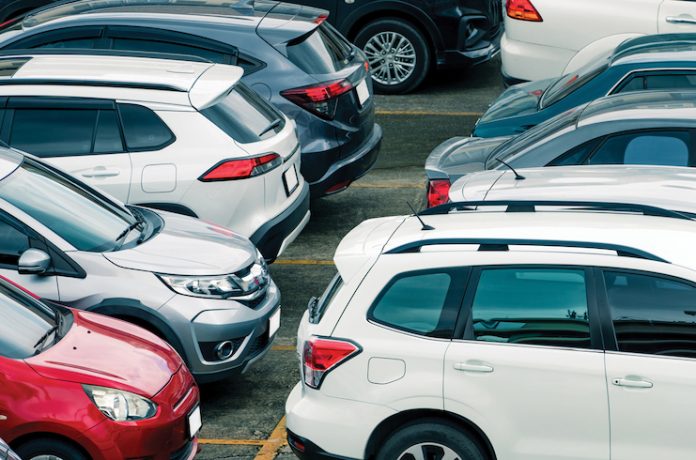
Hotels have always taken a strategic approach to selling rooms to drive demand and optimize room revenue. They should be taking that same approach to their parking asset. At Towne Park, we evaluate the impact of parking the same way hotels evaluate room revenue; we call it RevPAS or revenue per available space, which provides a metric for optimizing parking for the greatest return. For hotels looking for new revenue sources and approaches to optimize their parking operation, here are six strategies that should be considered:
Evaluate your parking asset as a revenue source. First, determine if your parking asset is a viable source of revenue. If you are not currently charging for parking, do a little market research to understand local trends. Are other hotels in your comp set charging for parking? Recently, we have seen more of the industry considering paid parking as a revenue stream, even with economy hotels in suburban locations.
The right revenue control system. When charging for parking, it’s critical to have a system to manage and collect revenue. If you currently charge for parking using the honor system, you will improve collections, revenue, and profit with a formal system. It doesn’t have to include gates and equipment. There are gateless digital solutions today, such as our T-Park solution, that allow guests to text to pay and even transfer parking charges to the folio with property management system integration.
Guest experience. Do your guests like high-touch service, or do they prefer a frictionless experience? Would guests expect a valet team to welcome them, or would a technology-based self-parking experience be appropriate? Replies to these questions inform the type of parking solution that is best for your property and guests.
Pricing parking. The same pricing strategies you apply to room sales should be applied to parking, such as dynamic pricing and rate optimization, which ensure all available spaces are sold and align rate with demand to optimize revenue.
Optimizing your parking asset. Do you have unused parking spaces? Is there seasonality during the year when fewer guests drive, leading to open parking inventory? If this is the case, you can better utilize your spaces by selling them to non-hotel guests. One way to do this is to put parking spots up for sale across multiple aggregators to sell available inventory at the right price.
Data is king. You need to make sure your parking system provides you with the right data to make timely, informed decisions about your parking. Data is used to understand volume and drive-in rates in a market to support dynamic pricing, as well as to drive efficiencies in labor.











